These are hardly the best of times for the Nigerian media in general. For newspapers in particular the times are indeed dire. The behaviour of some of their leading lights during last year’s election campaigns – from broadcasting blatantly malicious adverts about then opposition politicians, through publishing wrap-around adverts masquerading as news, to carrying public opinion polls of dubious integrity – left such a putrid smell in its wake that the overall integrity of the institution was bound to come under a heavy cloud.
Last month, matters became exceptionally bad for newspapers when the association of their publishers became mired in the so-called Dasukigate scandal in which a considerable amount of funds for arms to fight Boko Haram was allegedly diverted to other purposes, notably the re-election of President Goodluck Jonathan.
The dreadful conduct of some of the broadcast media, notably the independent (?) AIT and the Federal Government owned NTA, did much to damage the integrity and credibility of broadcasting. But that damage was somewhat ameliorated by the exemplary conduct of television stations like Channels that resisted the temptation of joining the ruling PDP’s gravy train.
In contrast to the broadcasters where it was individual stations that had misbehaved, it is the parent organization of newspapers that has now been implicated in the arms scandal.
Advertisement
Predictably this has triggered much soul searching by the newspapers themselves. In an editorial by The PUNCH on December 18, headlined “NPAN and arms scandal”, for example, the newspaper said the revelation that the President of the Newspaper Proprietors Association of Nigeria, Mr. Nduka Obaigbena, publisher of Thisday, received N120 million on behalf of its members whose newspapers were seized by the army over several days, ostensibly for security reasons, has “sent shock waves through the nation and brought NPAN into disrepute.” The action it said, “seem to confirm the long held belief that the Nigerian media is corrupt and cosy with government functionaries.” There is the need therefore for the media to do some soul searching, the newspaper concluded.
Five days later, The Nation wrote in the same vein. “Speak up, NPAN”, it thundered in the headline of its editorial of December 23. “When the watchdog becomes the dog to watch,” it said, “it is a sad reflection of a dire decline in professionalism.” The newspaper said Obaigbena’s explanation for the money he received on behalf of his association was far from satisfactory, if only because it was paid through a private company, General Hydrocarbons Limited, whose only relationship with NPAN was that he apparently owned it. The NPAN’s silence in the face of messy affair, The Nation concluded, was anything “but golden.”
The following day the NPAN broke its uneasy silence; it published a full-page advert on the pages of its member-newspapers, which sought to explain to its “Esteemed Readers” what led to the messy affair.
Advertisement
The advert followed a meeting of the association attended by 19 of its most prominent members, including its two Life Patrons, Mr. Sam Amuka and Malam Isma’ila Isa, and two past presidents, Chief Segun Osoba and Mr. Ray Ekpu. The president was conspicuous by his absence. Malam Kabiru Yusuf, Chairman, Media Trust Limited, as Deputy President, and Dame Comfort Obi, publisher of The Source newsmagazine, as General Secretary, signed the ensuing advert.
According to the NPAN, the genesis of the messy affair was the impounding of bundles of newspapers of several of its members by the army right across the country between June 6 and 11, 2014 because, the army said, it had intelligence that Boko Haram was using newspaper vans to ferry bomb making materials!
Predictably, the various newspapers affected felt outraged enough by the act itself, which cost them much revenue, and by the army’s rather rich excuse – unsurprisingly, no bomb-making material was ever found on any van – to head for the courts for redress.
Presumably, President Goodluck Jonathan felt alarmed enough by the negative prospects for his re-election of such litigations in the run-up to last year’s general election to seek for an amicable through negotiation. According to NPAN, the president met with members in Lagos on June 12, apologised for the army’s behaviour and pleaded for a settlement out of court. The members in attendance, the association said, graciously acceded to the president’s plea.
Advertisement
Accordingly, almost all the affected members submitted claims “with some”, the association said, “as low as a few hundred thousand Naira and others running into hundred (sic) of millions.” Because the divergence of the claims would have been difficult to verify, NPAN said, it accepted government’s offer of a flat compensation of 10 million per each of its 12 affected members – hence the N120 million paid to its president. Most of the members duly collected their compensation less N1 million each for its running, the association said.
“It is unfortunate,” the association concluded, “that some people not in possession of the full facts are seeking to link the NPAN with the alleged misdeeds of those who may have received large sums of money from the office of the NSA unlawfully. Nothing can be further from the truth.”
About a week before the said PUNCH editorial, Daily Trust had issued a statement exonerating itself from the scandal and justifying its acceptance of the N9 million it received. It said in its edition of December 12, it had no way of knowing where the money came from.
Now that it has emerged that the compensation had come from the arms purchase vote, at least two of the members that received it have returned it. Perhaps as a result, Malam Kabiru, who co-signed the advert in question, has been under tremendous pressure from his board to return the money, not least because of Media Trust’s well advertised reputation for shunning the so-called “brown envelop” journalism much of the Nigerian media is notorious for.
Advertisement
There’s an irony in Media Trust’s ethical dilemma in all this because the real genesis of then whole sordid affair was its exclusive front-page story on June 4, 2014 which exposed a huge land scandal by the army top brass. The story, clearly meant to hold public officers accountable to the people, revealed how the army shared out part of a huge piece of land in Asokoro District of Abuja meant for its barracks to top military officers, their spouses, friends and associates.
Top of the beneficiaries was former army chief, Lt-General Ihejirika who, between himself, Gift, his wife, Oke, presumably an offspring, and an oil company, Goodok Oil and Gas, in which his family had an apparent interest, got over 15,350 square meters of land. Other big beneficiaries included former chiefs of defence staff and former and serving service chiefs who got between an average of 2,000 and 4,000 square meters each. All told there were 439 beneficiaries of what was clearly a land heist.
Advertisement
Two days after that story, the army laid siege on the headquarters of Media Trust Ltd. For several days after that, going in and out of its neighborhood became a nightmare, something I personally experienced when I had occasion during the siege to visit the newspaper.
However, even though Trust was the principal target of the army’s seizure of newspapers during the period, it was only one of three principal targets, the other two being The Nation and Leadership. All three were regarded by PDP as pro opposition.
Advertisement
It is a cruel irony that Trust’s investigative story would eventually land it in the moral predicament that it, along with other newspapers, now face over the compensation they received for the army’s untoward act mid 2014.
As with all predicaments, there is no easy way out for the newspapers that have so far kept their compensation. For me, however, the worse option is to return it and either head back to the courts or accept the loss they suffered over the unlawful and malicious seizure of their newspapers. After all there was nothing illegal about the compensation. And even morally the predicament is more apparent than real, if only because 9 million Naira is really too little to suborn any newspaper worth the name, which all the affected newspapers are.
Advertisement
The case, however, is different for the association’s president who landed them in their predicament, to begin with, by routing the compensation through his private company and who, all along, may very well have known of the source of the huge compensation he said he had received over the bombing of his newspaper, apparently by Boko Haram, given his well known closeness to the authorities.
The NPAN owes itself an obligation to hold him responsible for the mess in which it has found itself if it wishes to convince anyone that it means to clear itself of the mess.
There is, however, a little lesson for NPAN in all this. It said in its explanatory advert that it accepted a flat amount for all its affected members because there was no easy way to verify their divergent claims. Actually, there is a fairly simple way to do so; institute an audit bureau of circulation (ABC) for its members.
Unfortunately, this is something the association has refused to do since the first and only one in 1987. If it is truly serious about being accountable to its “esteemed readers” it should seize this opportunity to create one this year.
Views expressed by contributors are strictly personal and not of TheCable.
1 comments
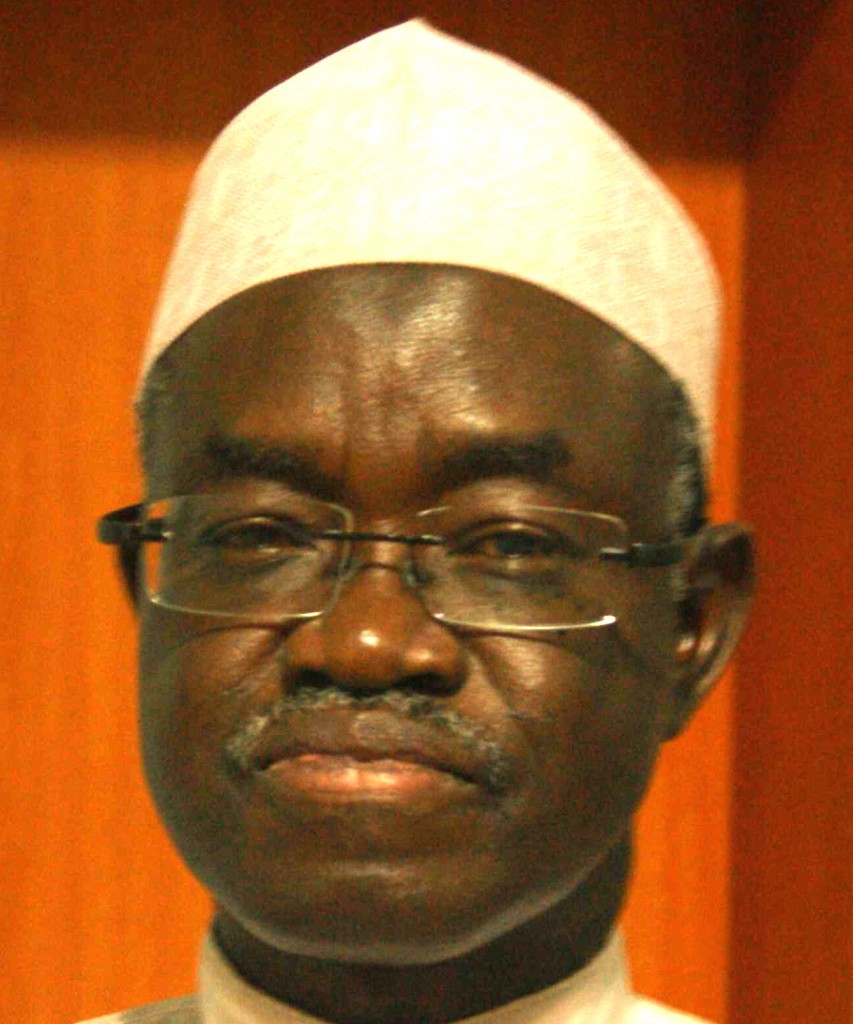
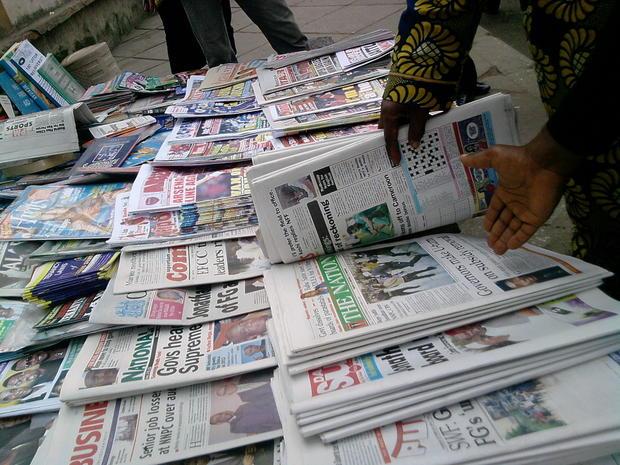
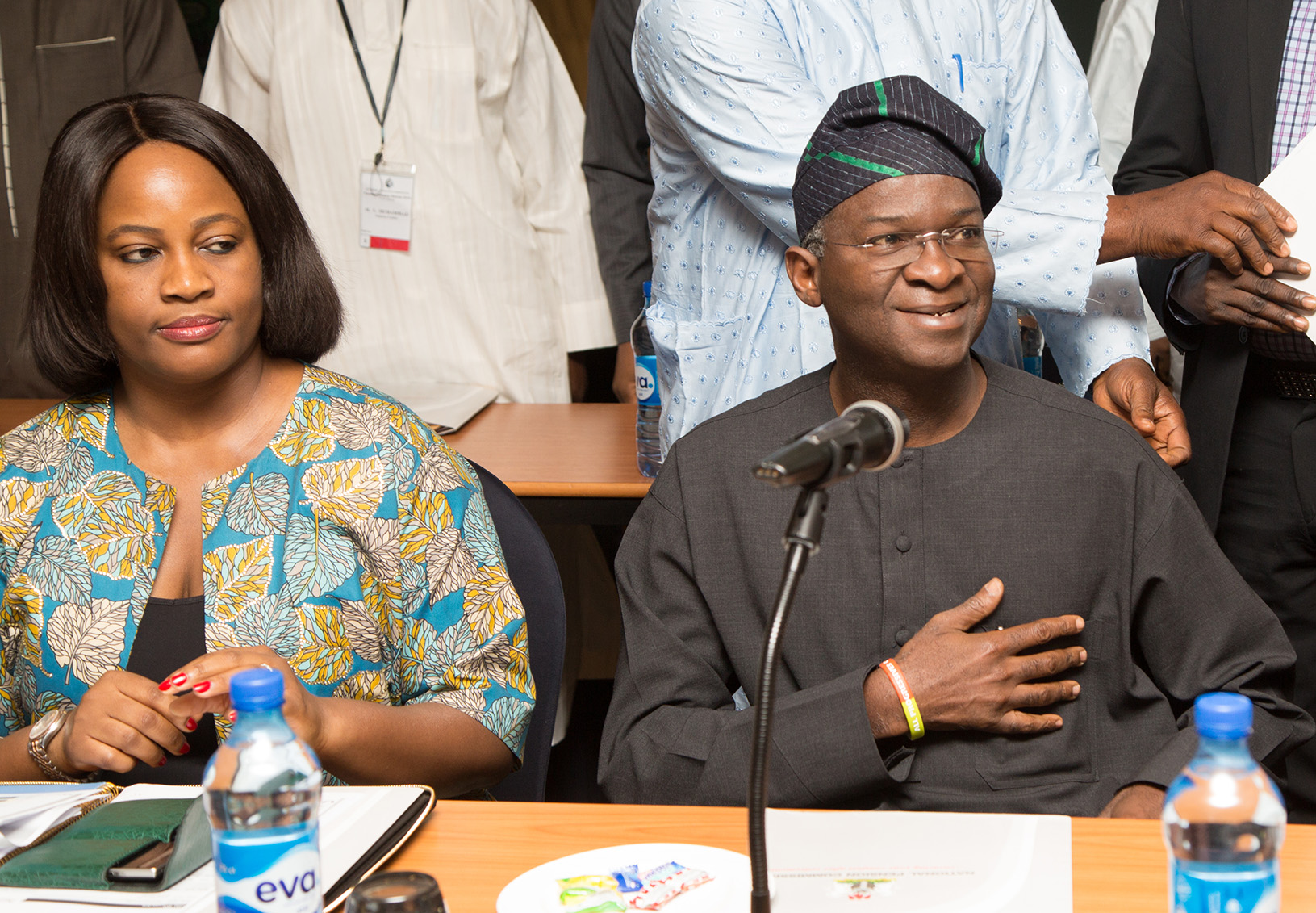

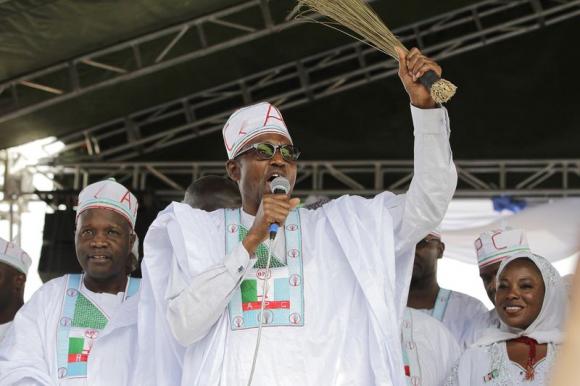
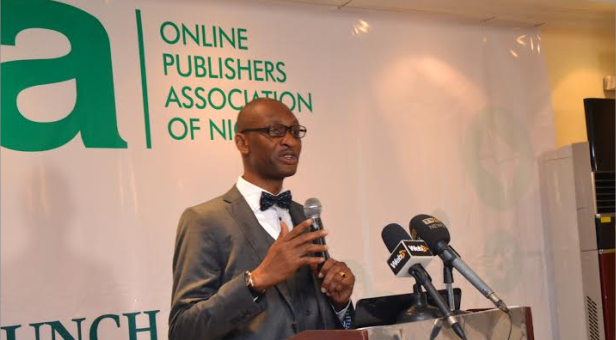
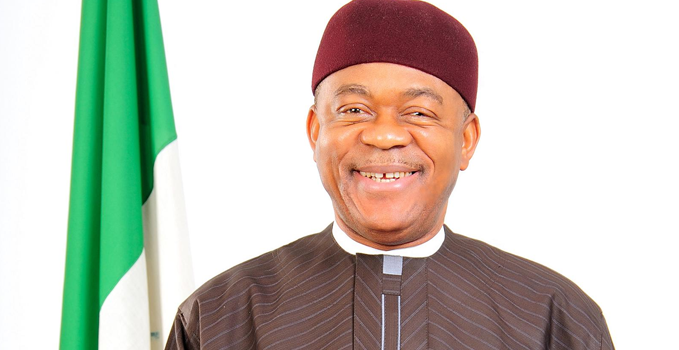
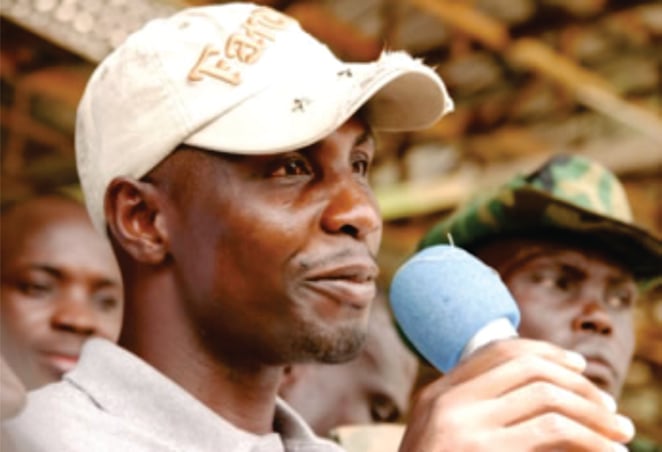
I hold Haruna Mohammed, a veteran journalist, in a very high esteem for his incisive commentaries on national issues. His thought provoking views on this unfortunate drama that is threatening to mar the reputation of newspaper proprietors, should be recommeded to all students of Mass Communications. This is the height of intellectual candour.